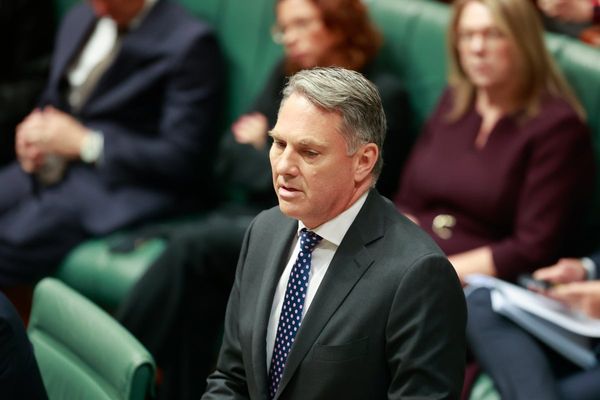
Farmers from across the European Union (EU) converged outside the EU headquarters in Brussels on Thursday, causing chaos in their demand for relief from rising prices and bureaucratic hurdles. Convoys of tractors filled the streets, while protestors pelted police with firecrackers, eggs, and beer bottles. The smoke from burning hay bales hung heavily over parts of the Belgian capital, as security forces used water cannons to contain fires and prevent a farmer from lashing out at the steps of the European Parliament.
This culmination of weeks of protests has brought attention to the challenges faced by EU farmers. They argue that it has become increasingly difficult to earn a decent living due to soaring energy and fertilizer costs resulting from Russia's war in Ukraine. Additionally, they struggle to compete with the influx of cheaper farm imports, while climate change-induced droughts, floods, and fires threaten their crops.
Farmers are a crucial electoral group at both EU and national levels, causing leaders to scramble to respond to their demands ahead of the upcoming EU parliamentary elections in June. Populist and hard-right politicians have capitalized on the farmers' grievances, seeking to ride the wave of popular support.
In an effort to address these concerns, the European Commission, the EU's executive branch, announced plans on Wednesday to shield farmers from cheap imports originating from Ukraine during wartime. They also proposed allowing farmers to utilize previously fallow land for agricultural purposes, despite environmental concerns. In France, where the protests have been particularly disruptive, the government showered farmers with promises of aid, including emergency cash assistance and tighter controls on imported food.
The farmers' demands managed to make their way onto the agenda of Thursday's EU summit, which was initially focused on providing financial assistance to Ukraine in its conflict with Russia. While leaders quickly agreed on a new 50-billion-euro ($54 billion) support package for Ukraine, Belgian Prime Minister Alexander De Croo emphasized the need to address the concerns raised by farmers. He stressed the importance of ensuring that farmers receive fair prices for their high-quality products and that the administrative burden they face remains reasonable. However, it remains uncertain whether any concrete proposals will emerge from the meeting of the 27 EU leaders.
Amidst the ongoing protests, Jean-Francois Ricker, a farmer from southern Belgium, braved the winter night near the EU headquarters, stating, 'We are going to show that we do not agree and that it is enough, but our aim is not to demolish everything.' The protests, primarily attended by young farmers supporting their families, have also taken place across the EU throughout the week. In France, farmers maintained blockades on major highways around Paris, while Greek farmers rallied outside an agricultural fair in their country.
While the protests have mostly been peaceful, French police arrested 91 individuals who forced their way into Europe's largest wholesale food market on Wednesday. The protestors have since been released, but investigations will continue to determine liability for any damages caused.
In addition to the plans announced earlier in the week, EU leaders have floated other ideas to support farmers. Some leaders expressed their reluctance to approve a trade agreement with South American nations unless the imports adhere to the same regulatory standards that EU farmers face. Furthermore, many leaders promised to reduce the red tape that often hampers farmers from tending to their fields or barns.
Irish Prime Minister Leo Varadkar emphasized the need to focus on implementing existing regulations, rather than burdening farmers with additional requirements in the coming years. His sentiments echoed those of other leaders who are looking for ways to alleviate the challenges faced by farmers across the EU.
As leaders continue to wrestle with finding ways to support farmers and address their concerns, the protests serve as a stark reminder of the importance of this vital sector in the EU's economic and political landscape.







